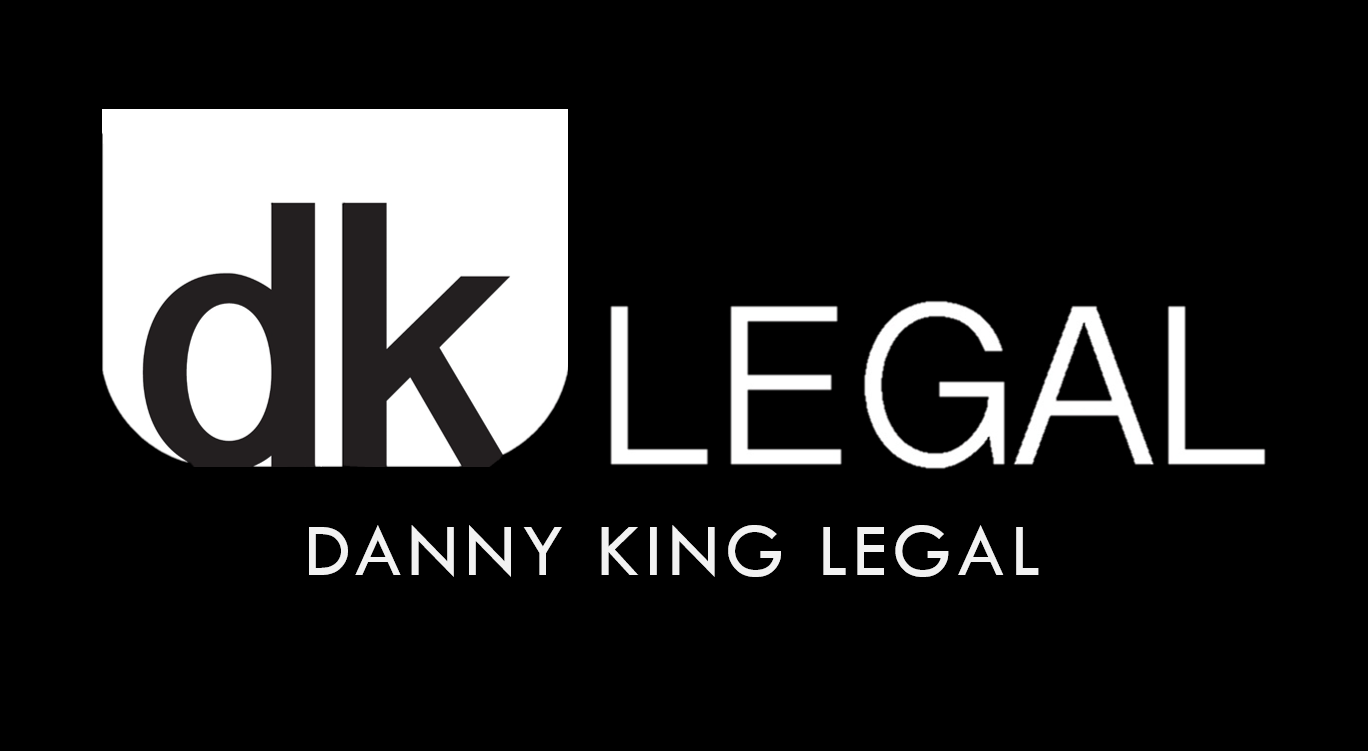Discrimination, harassment and bullying in the workplace can cause significant damage to both those suffering the harassment and the workplaces where it occurs. Psychological and stress-related injuries can leave employees feeling vulnerable and unable to adequately perform their duties, and employers risk exposure to financial damage, unwanted media attention and loss of reputation.
Whether you are the victim of discrimination, bullying or harassment, or you lead an organisation that needs to address these issues, our knowledgeable team will work with you to protect your rights and reach tailored workplace solutions.
Discrimination in the Workplace
Bullying and Harassment
The Role of Policies and Procedures
Training and Improvement of Workplace Culture
Why choose DKL?
We are experienced employment lawyers and treat all clients with respect and dignity. Whether you are the victim of discrimination, bullying or harassment, or you lead an organisation that needs to address these issues, our knowledgeable team will work with you to protect your rights and reach tailored workplace solutions. DKL can provide the guidance and solutions you are looking for, while focusing on a meaningful, discreet resolution, and not weighing you down with costly, expensive, and time-consuming litigation.
Call us on +61 (2) 9233 5669, email hello@dannykinglegal.com, or submit a webform to speak to one of our onboarding team about how we can get everyone back to work, and without fuss.



